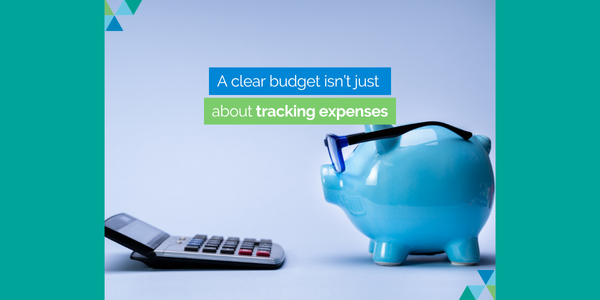So, you want to be a Company Director?
Three things to consider before accepting the role as a Board Director

Becoming a Board Director can be an extremely fulfilling role. A board appointment can provide you with the opportunity to enhance your personal skills in governance, decision making and strategic planning. If you join a not-for-profit board as a volunteer this can present the perfect opportunity to give back to your community.
However, what a lot of first-time board directors are unaware of is that even as a volunteer board director, you hold the same level of legal responsibility as a paid director serving on an ASX listed company board.
This is because a board of directors collectively has ultimate responsibility for the success of an organisation.
As Director and Registered Company Auditor at Wrights CA, Dan Wade works with many for-profit and not-for-profit organisations all over the Mid North Coast performing internal and external audits.
As a result, Dan has been exposed to many of the scenarios that Directors can face as a board, and warns that a board director role is not for the faint hearted.
If you are thinking of becoming a director, here are three considerations that Dan strongly suggests thinking about before accepting that appointment.
1. Understand your role and responsibility as a Board Director, including your legal duties
A board has significant power within an organisation as they are making strategic decisions that will affect financial and cultural outcomes. Because of this, each Director has a legal obligation to act in the best interest of the organisation. This relationship is described as fiduciary and can be likened to that of a trustee of someone else’s money. When standards set by legal duties are not met, penalties can apply for individual directors.
One important legal responsibility for a director is to act with reasonable skill, care and diligence. This means ensuring that you have enough time to attend each board meeting, the capacity to read the board papers in preparation for each board meeting and having the required financial literacy to be able to ensure that the organisation remains a going concern.
2. Perform due diligence on the organisation’s financials
One of the most important roles as a director is to ensure that the organisation has adequate cashflow and financial resources to ensure their financial stability.
To ensure that directors are acting with the required level of skill, care and diligence for this, it is necessary for them to regularly review financial reports and analyse trends and outlooks.
The Australian Tax Office states that “under certain circumstances, directors may be liable for debts incurred by the company when the company is unable to pay those debts, as and when they fall due (the company is insolvent).”
To ensure that you are joining an organisation that is not on the brink of insolvency, you can request to review their past five years of financial reports before making a decision to join as a director.
3. Perform due diligence on the Chair, other board directors and the CEO
Achieving board effectiveness will largely come down to having an effective Chairperson. The overarching role of a chairperson is to provide leadership. An effective Chair will preferably have excellent governance skills, be experienced as a director, and be an effective facilitator of group discussion.
A good chairperson will ensure effective board composition and director development.
They will lead each board meeting in an orderly and efficient manner and have a good working relationship with the CEO.
Without the strong leadership of an effective chair and the governance and compliance of fellow board members and the CEO, an organisation is at risk of reputational damage, creating internal confusion or not being able to achieve its strategic objectives.
By ensuring that you perform an appropriate level of due diligence before accepting an appointment to a paid or volunteer board, you will increase your chances of being able to make a positive difference to an organisation and mitigate the risk of personal liability.
If you would like more information about our internal and external audit services, please contact us on 02 6566 2200.










